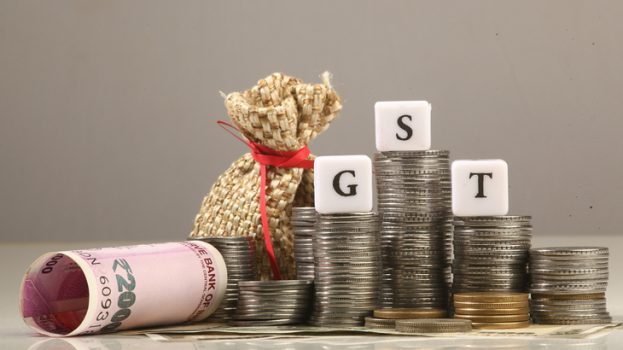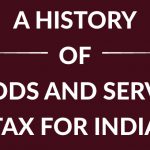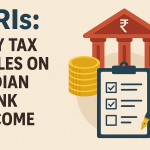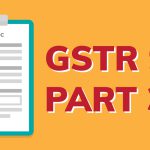Blog Post

by Madhav Joshi
Posted on April 10, 2020

Indian Parliament passed the Goods and Service Tax Act in April 2017. GST as a whole is placed on two subordinate parliamentary acts, (1) IGST: Integrated Goods and Services Tax Act (2) CGST: Central Goods and Services Tax Act. Proposed as the 122 nd Amendment Act in 2016, it also had the name of The Constitution Act 2016. Which became bill in 2017, as written in the starting.
As we all know, it was a historical move by the government. It amplifies the importance of indirect tax reforms in the country made the entire process of a bill becoming an act historical. Consolidating various taxes into one have more amount of pros than cons. If we look into history, it all started in the year 2000. Then prime minister Late Shri Atal Bihari Vajpayee proposed the GST Bill in parliament.

Goods and Service tax as per simple definition is an indirect tax used in India with respect to the supply of goods and services. A destination-based, multistage and comprehensive tax. GST eliminates indirect taxes like Value Added Tax, Central Excise Duty, Sales Tax, Service Tax, etc. and consolidates everything into one. One Tax for One Nation. GST is a destination-related tax that hovers around goods and services in the country. Each stage of manufacturing to final consumption or start to end of any good/service is raised in this tax, Credit of each stage is collected and if taxes paid in an earlier stage is available as setoff. Furthermore, it focuses on taxing w.r.t. value addition and makes sure consumers who gets that final value will cope up the tax.
857 Views 0 comments
GST to Change the Face of Warehousing

Cases when ITC is not available under GST

GSTR 9C – Part II

GST Audit/Reconciliation and Certification (Form GSTR-9C)

Taxation: History of Goods and Service Tax for India

Taxation of Indian Bank Account Income for NRIs: Key Rules and Guidelines

GSTR 9C – Part III

Aten Papers & Foam IPO Day 1: Check subscription status and other details

How your small pie of Tax builds the entire nation.

Brookfield-Backed CleanMax Set for ₹4,000–5,000 Crore Confidential IPO
Comments